The international festival set in Dhaka reemerges for its 25th anniversary with a staggering cast of lens-based artists from around the world
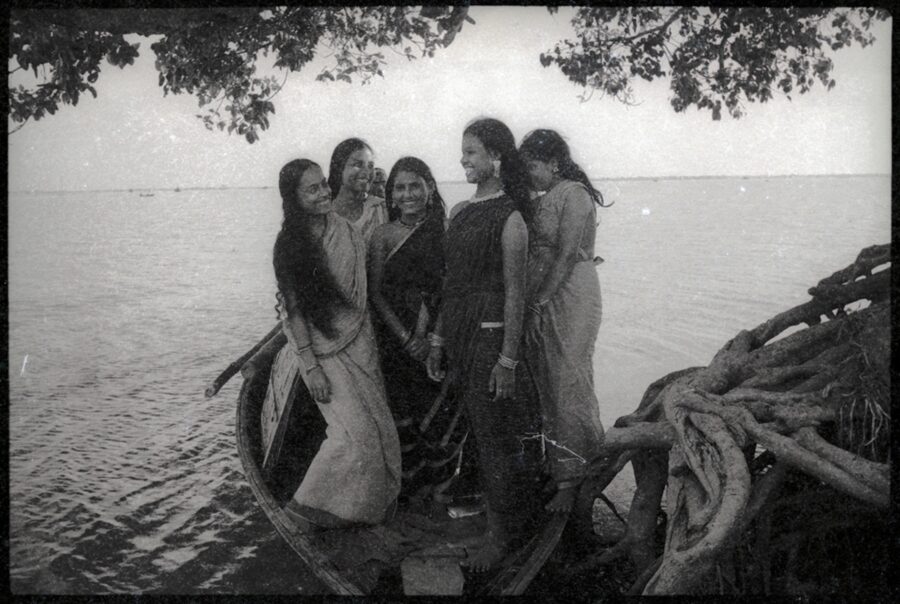

The international festival set in Dhaka reemerges for its 25th anniversary with a staggering cast of lens-based artists from around the world
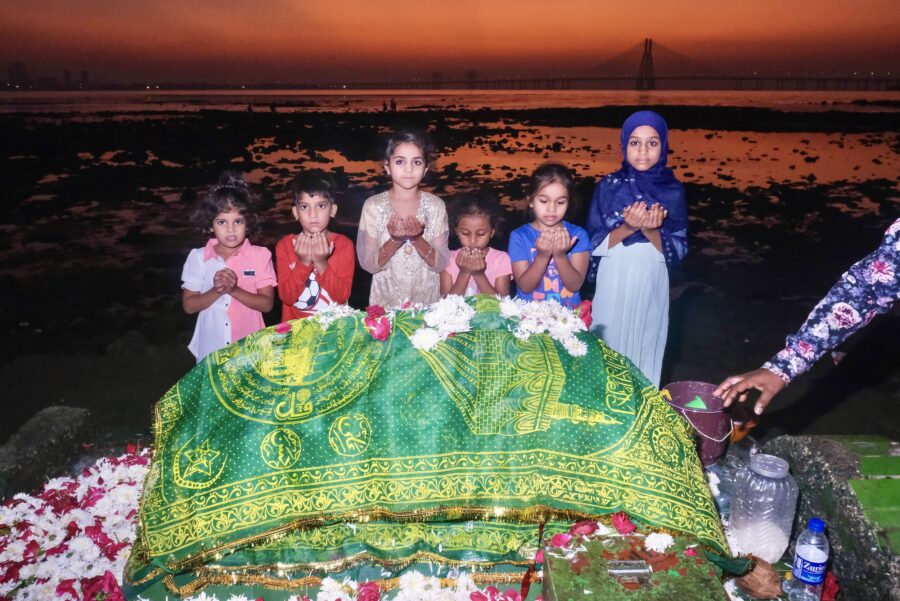
UMMAH: Divine Oneness, Worship Plurality brings together 50 contributors whose work speaks to spiritual intimacy, exile, resistance, memory, and belonging
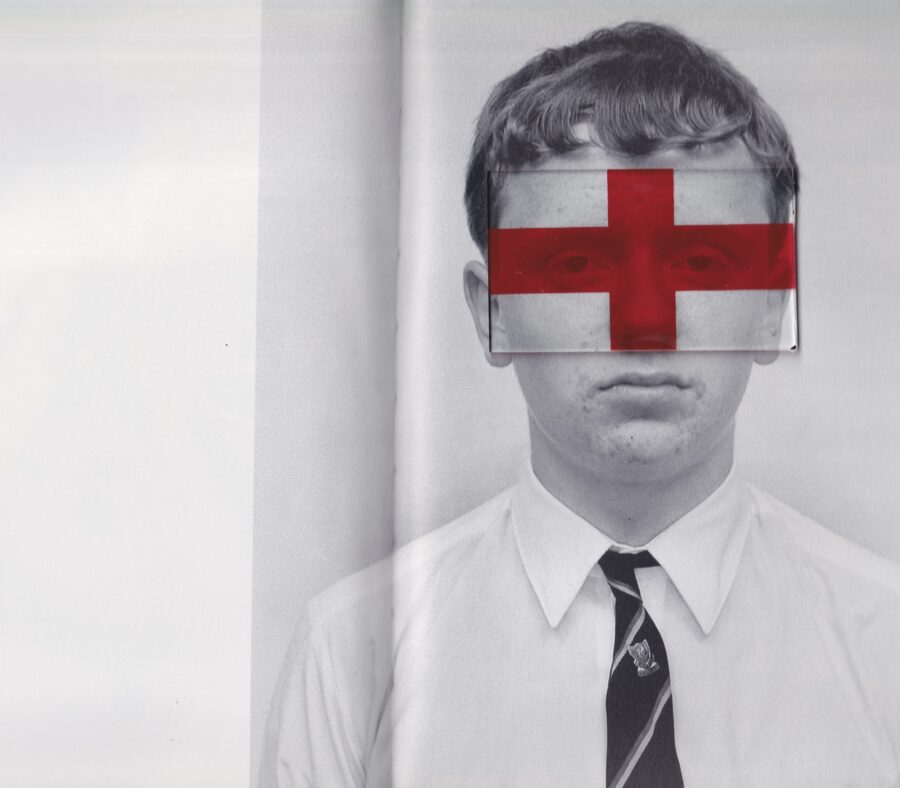
With a simple glass device, the London-based Pakistani-Bengali artist turns archival photo books into sinister revelations on British colonial histories
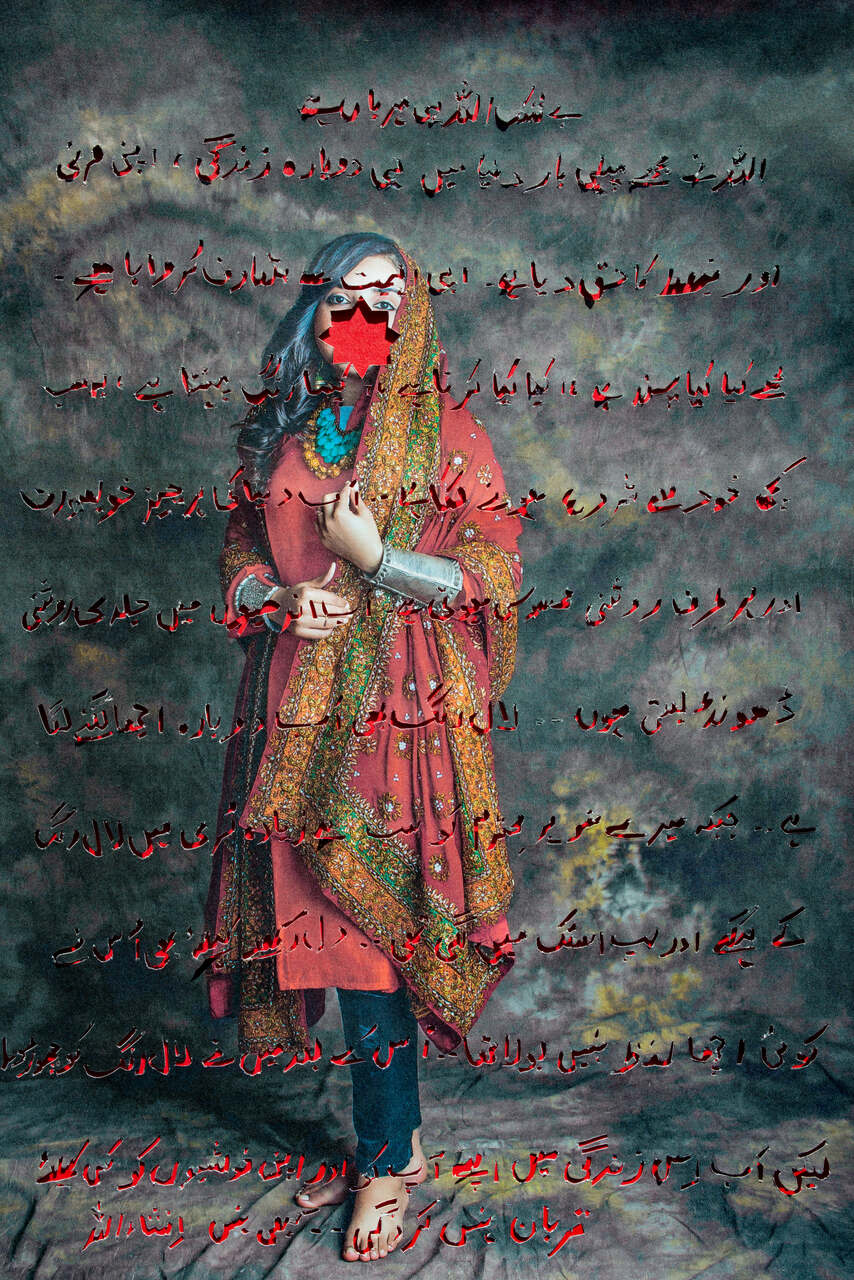
The 2025 Wellcome Photography Prize highlights global health challenges through powerful images spanning domestic abuse, climate migration and microscopic disease
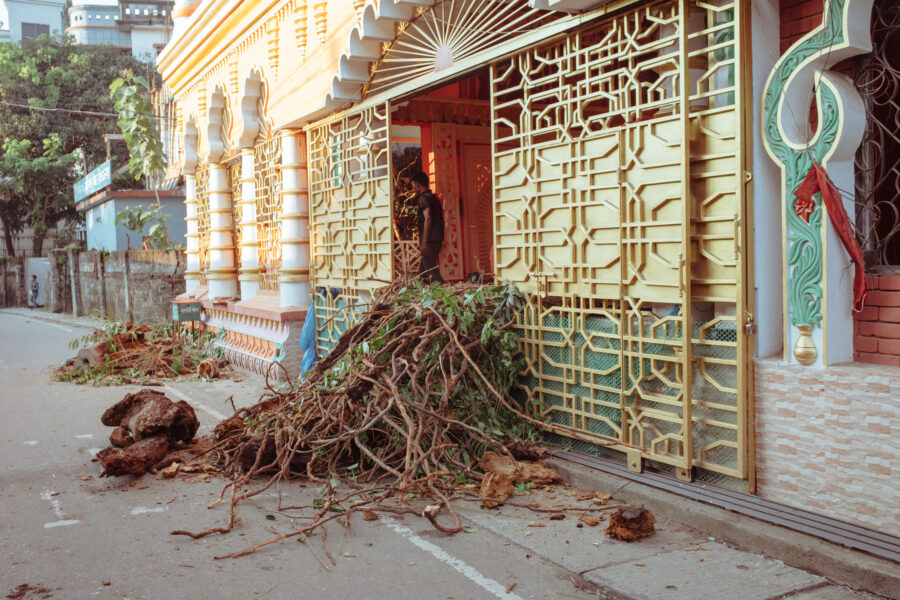
The story of the 13th-century Sufi saint led Adib Chowdhury around South Asia – and to the heart of today’s economic strife
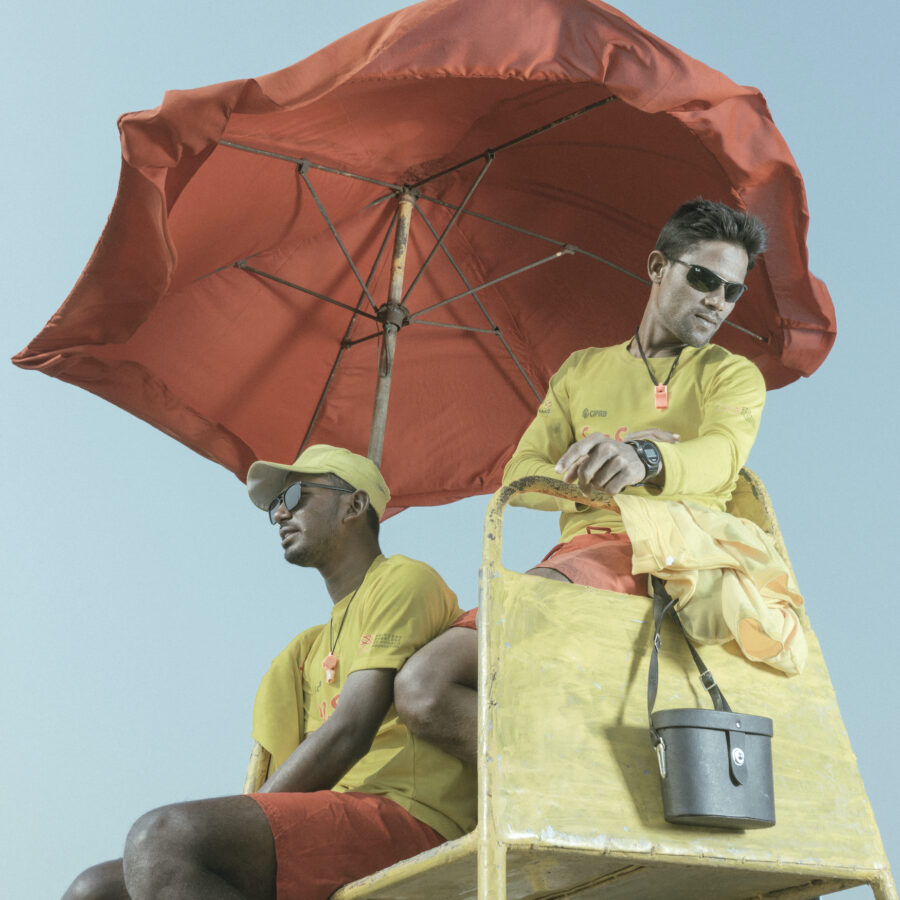
For his Leica Award-winning body of work, Sea Beach, Ismail Ferdous returned to the seaside of his childhood. For millions across Bangladesh, it is more than just a tourist destination
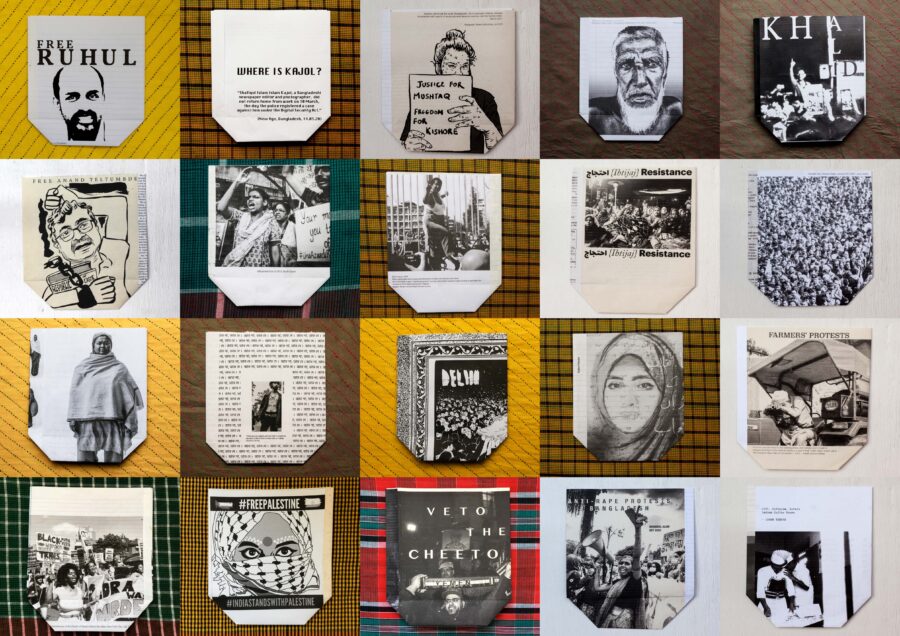
Photography’s rules are made to be broken. Having become frustrated with the medium’s conventions, five artists discuss how sculpture, 3-D maquettes, activism and X-rays keep photography alive in their work. Next up is Sofia Karim

“Photography works as a home that holds all my enquiries and explorations of the various kinds of human experiences,” says Chakrabarty
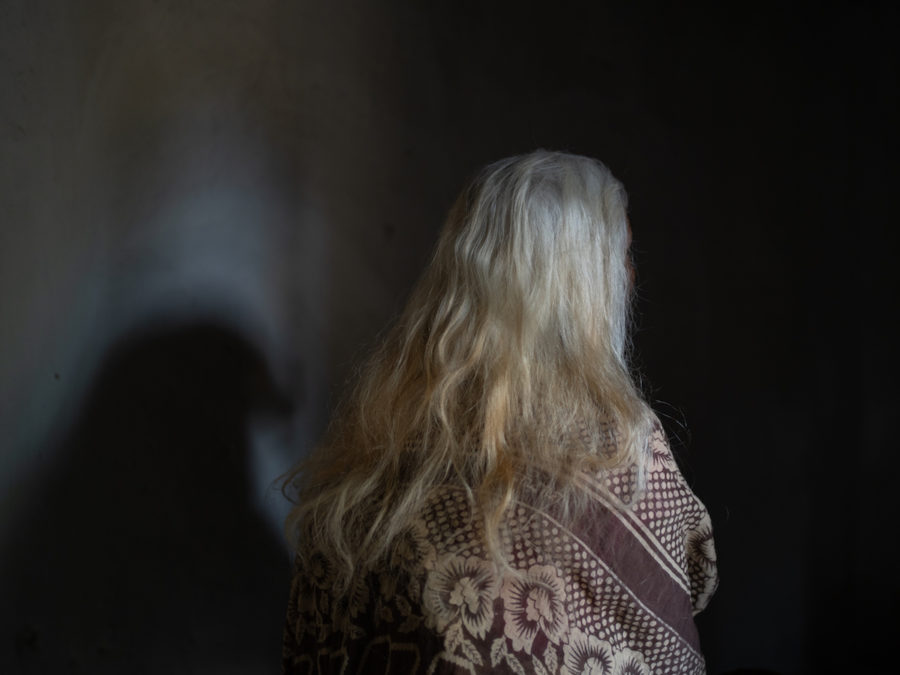
Fatiq captures the essence of his immediate surroundings and those further afield through his atmospheric images